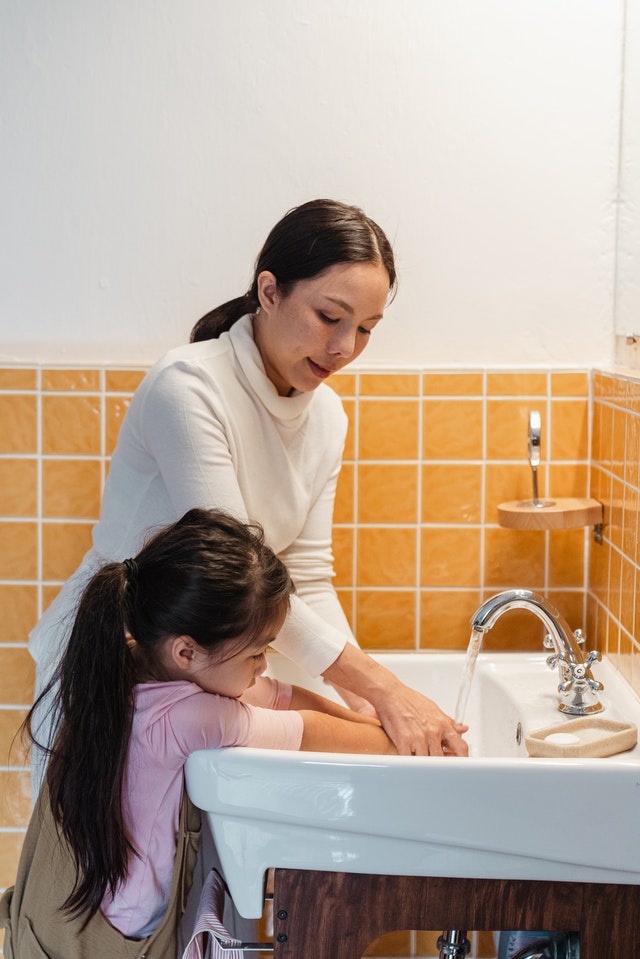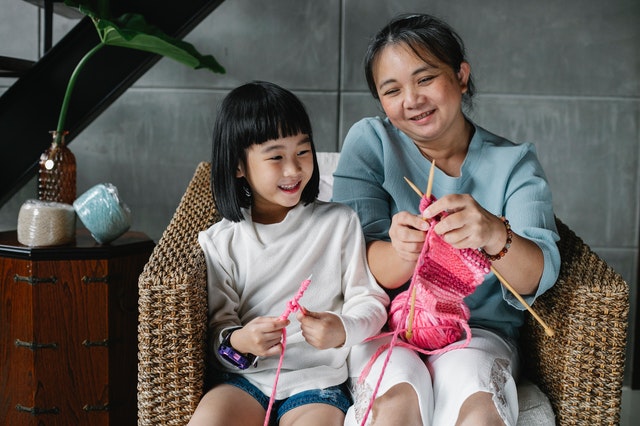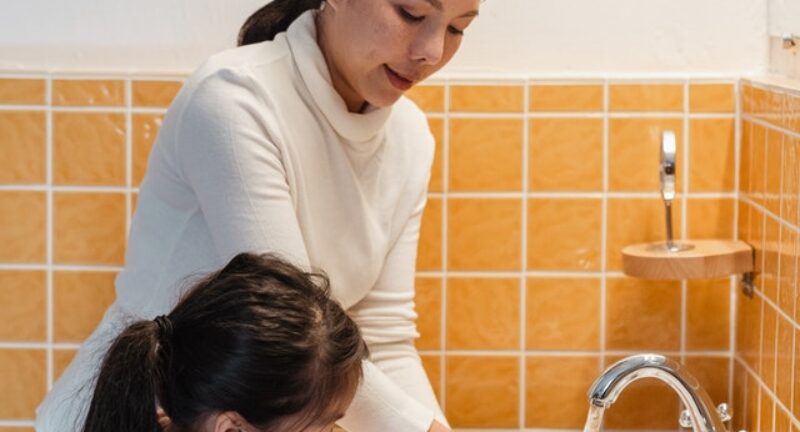

Parenting in the Age of COVID-19: Being There For Our Kids
March 14, 2021 by Counseling and Wellness Center of Pittsburgh child counseling, child therapy, family counseling, family counseling during corona virus, parenting, Parenting and Families 0 comments
Whether you’re a parent or caregiver, weathering the pandemic with children has probably felt like a pressure cooker at times. Boredom, turmoil, and anxiety arise when faced with remote school days or filling long afternoons sans extracurriculars.
Kids look to the adults in their lives to help them cope with this complex, global situation. How can we make strong mental health choices to protect them?
Start By Helping Yourself
It’s difficult to support others when you feel unsupported. Take some moments at the beginning of each day to center yourself. You could wake up a little early to do a 20-minute yoga class. Perhaps digest the headlines over a quiet cup of coffee. Even stopping to breathe deeply for one minute can make a difference.

Calm Reassurance
Now that you are calm, transmit that to your children. Start with basic facts about COVID-19. Dispel any scary rumors that may be circulating. Especially be aware of internet and TV messages. Assure them that, although we do need to take it seriously, adults are working to keep everyone as safe as possible.
When your child has a question about the coronavirus or lockdown life, take the time to listen. Give them space to air out their concerns. It may help to provide multiple modes of expression, like drawing, playing, and talking.
Measures of Control
We all like to feel some control of our lives, however small. The same goes for young people. Fortunately, the safety guidelines to prevent the spread of COVID-19 translate into simple activities. Guide kids to wash their hands, wear a mask in public, and stay at least 6 feet away from anyone outside their pod.
Lighten the mood when you can. Hand-washing can be made into a fun game with songs. Mask crafts add color and art to something obligatory.
Social distancing may especially distress kids who miss their friends. Take some extra time to emphasize why it’s important to keep distance. Explain that the infection spreads when people are in close contact with each other. Assure them that it’s temporary, and they will see their friends again. Meanwhile, engage in remote or outdoor socializing when possible.
Middle schoolers and high schoolers may benefit from graphics that demonstrate how “flattening the curve” works. This helps them understand the bigger picture and empower them to be part of the solution.
Come Up With Fun Distractions
On the bright side of lockdown, we have so many opportunities to spend quality time with our kids. When we’re safe at home, there’s no need to ruminate on pandemic worries. Have a family meeting where everyone lists a hobby or interest they want to grow during quarantine: puzzles, art, reading, writing, music, gymnastics, bird-watching… Maybe you all make a pact to work on doing the splits by the end of quarantine. Maybe you remodel a room and turn it into an art studio or sublime reading nook.
Most of us have some kind of dream home project that’s been sitting on the shelf. Time to get into it! The antidote to worry is action.

We Can Pull Through This
If the stress of the pandemic seems to be wearing on you and your children, make the wise choice: seek counseling. Zoom makes family therapy readily available, and it’s just as effective.
It’s true that we’re all in this together – if your family feels overwhelmed, you don’t have to tough it out alone.
*
Sources
https://www.unicef.org/coronavirus/supporting-your-childs-mental-health-during-covid-19-school-return
https://www.nasponline.org/resources-and-publications/resources-and-podcasts/school-climate-safety-an
d-crisis/health-crisis-resources/helping-children-cope-with-changes-resulting-from-covid-19
Related Posts
Mother
May 13, 2013
Mother: a word unlike any other. It has meaning in every culture and time since...
Parenting in the Age of COVID-19: Being There For Our Kids
March 14, 2021
Whether you’re a parent or caregiver, weathering the pandemic with children has...


